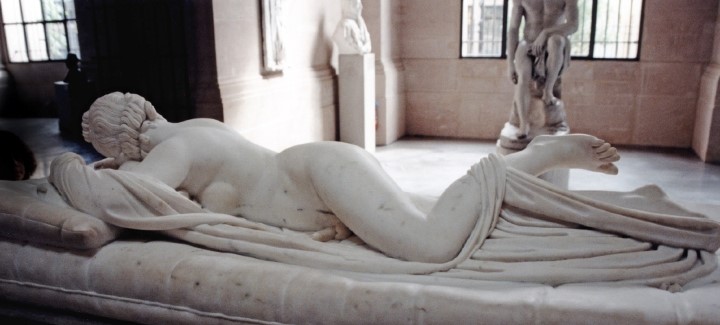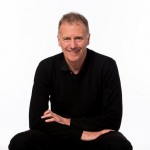One of the significant intellectual shifts heralded by the Enlightenment concerned attitudes to tolerance and religion.
Until the seventeenth century, being intolerant of other religions was considered a virtue. But in 1640, parliament abolished the Court of the King Star Chamber, which had previously silenced the voices of political opponents and religious dissenters, allowing the likes of poet and polemicist John Milton, to argue openly for the ‘spiritual liberty’ to follow one’s conscience. In his 1659 essay, A Treatise of Civil Power in Ecclesiastical Causes, he wrote that ‘no man ought to be punished or molested by any outward force on earth whatsoever’ because of their ‘belief or practice in religion according to […] conscientious persuasion’.
Milton gave voice to the modern ideal of tolerance, even for those who hold views with which we strongly disagree – a principled philosophical opposition to the power of governments to determine what private religious groups and individuals could believe and think.
Now, more than three centuries later, policing the realm of the conscience is back in fashion. For example, one reaction to the rise of Islamic extremism has been a hardening of the public mood against the ‘special pleading’ of faith groups, whether relating to Halal meat or the injunctions that cartoonists should not depict the Prophet Muhammad. Meanwhile, contemporary equality legislation has led to demands to circumscribe religious groups’ rights, such as those who have been prosecuted for discriminatory actions relating to their views on homosexuality. Conversely, many religious people cite theological hurt to demand censorship. And of course, there are constant contemporary rows about the validity of faith schools. Continue reading …

